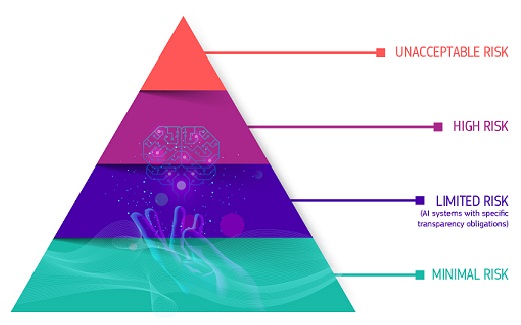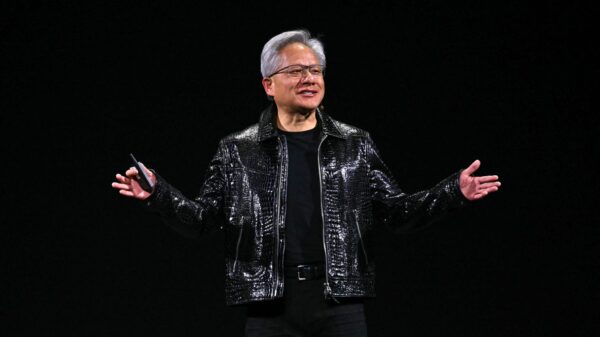Access restrictions on various websites due to automated browsing have become an increasing concern in the digital landscape. Recently, an alert was issued stating that access to a specific page had been denied because the site believed the user was employing automation tools. This situation underscores the ongoing challenges in web accessibility and user interaction.
The alert provided several potential reasons for the denied access:
- Javascript may be disabled or blocked by an extension, such as ad blockers.
- The user’s browser might not support cookies, which are essential for maintaining session information.
This incident serves as a reminder for users to ensure that both Javascript and cookies are enabled in their browsers and that they do not have settings or extensions that block these functionalities. Such configurations are critical for a seamless experience when interacting with modern websites.
This situation highlights the broader implications for users and web developers alike. As automation tools become more prevalent, websites are increasingly implementing measures to detect and prevent automated access, which can lead to legitimate users being inadvertently blocked. Understanding these dynamics is vital for professionals in web development, cybersecurity, and digital policy.
Exact details were not provided in the source.
In light of these challenges, it’s essential for industry professionals to stay informed about the evolving web standards and best practices for user accessibility. Continuous dialogue between developers and users can help mitigate access issues while balancing the need for security against the rise of automated browsing techniques.
 NVIDIA Surges 25% in Q4 Earnings, Catalyzing Major Market Rally Amid AI Boom
NVIDIA Surges 25% in Q4 Earnings, Catalyzing Major Market Rally Amid AI Boom Meta Slashes Ray-Ban Smart Glasses Price to $238, Half of Gen 2 Cost
Meta Slashes Ray-Ban Smart Glasses Price to $238, Half of Gen 2 Cost Tech Titans Google, Microsoft, and OpenAI Forge AI Safety Pact to Mitigate Risks and Enhance Standards
Tech Titans Google, Microsoft, and OpenAI Forge AI Safety Pact to Mitigate Risks and Enhance Standards ChatGPT-5.1 Surpasses Grok 4.1 in Key AI Test, Dominating 7 of 9 Categories
ChatGPT-5.1 Surpasses Grok 4.1 in Key AI Test, Dominating 7 of 9 Categories NVIDIA’s AI Chip Expansion Sparks Environmental Concerns in South Korea and Taiwan
NVIDIA’s AI Chip Expansion Sparks Environmental Concerns in South Korea and Taiwan
























































